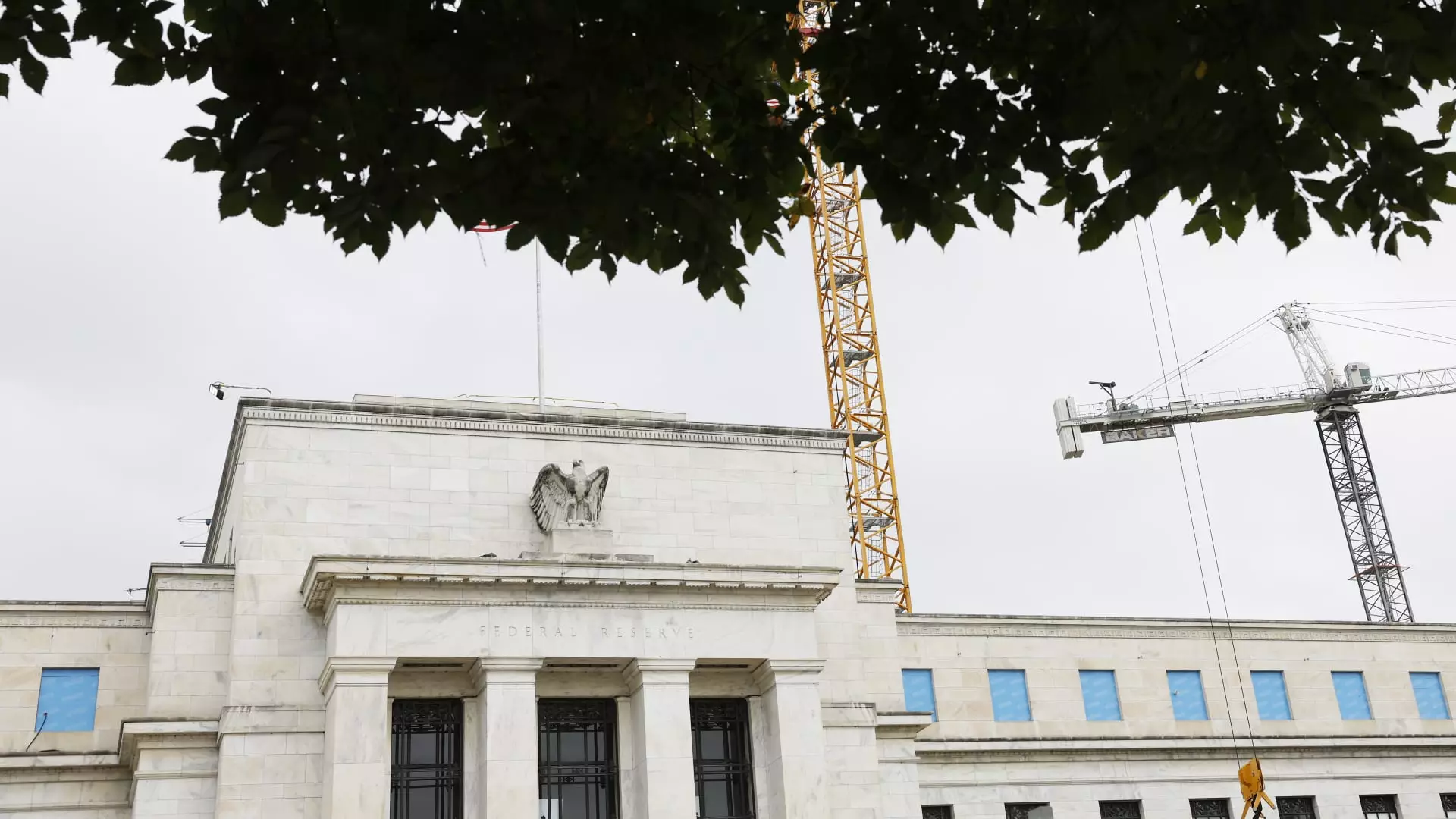Elon Musk, always a provocateur, has thrown down the gauntlet regarding the exorbitant expenses of a $2.5 billion renovation project undertaken by the Federal Reserve. In an illuminating interview, the tech mogul questioned the wisdom of such a hefty investment in a public building, suggesting it raises serious concerns about government waste. “What do you get for $2.5 billion in redecorating?” Musk quips, underscoring his skepticism towards excessive spending. With a background rooted in innovative cost-cutting, Musk’s apprehension resonates with many taxpayers who are already stretched thin by inflationary pressures.
The renovation is said to be necessary to address outdated technology, meet strict regulations, and enhance energy efficiency among other objectives. However, one must wonder, is extravagant spending truly justified? The project’s initial budget of $1.9 billion has morphed into a monetary black hole, and it’s difficult not to perceive this as a symptom of a bloated government sector, often plagued by inefficiencies and rising costs.
A Revelation in Government Efficiency
Musk, who spearheads the Department of Government Efficiency (DOGE), asserts that government expenditures must be scrutinized. According to him, his organization has already saved taxpayers a staggering $160 billion by auditing public finances. This begs the question: How many more “projects” are under the veil of mismanagement and poor oversight? While the need for modernized infrastructures is undeniable, the accountability for such immense spending must be enforced rigorously, lest we drift further into a sea of squandered taxpayer dollars.
The notion that the Federal Reserve operates independently from taxpayer funding adds another layer of complexity to the discussion. Critics could argue that even if federal funds are reallocated through profits generated from interest rates, it still lays the burden of inefficiencies at the feet of ordinary citizens during financially turbulent times. Musk’s pointed inquiries could serve as a catalyst for driving much-needed reform within government spending policies.
The Need for Transparency
Musk is not merely casting stones from the sidelines; he implores for transparency and accountability in government expenditure. If the public is bemoaning tax hikes and rising living costs, then a clear understanding of how government funds are being allocated becomes essential. The public deserves insight into whether $2.5 billion truly results in a monumental transformation or if it’s merely a lavish facelift for an institution that should be operating with an austere sensibility.
Amidst an atmosphere where transparency should be paramount, Musk’s critique echoes a desire for change. The citizens are justified in demanding that any spending of their money—taxes or otherwise—be straightforward and beneficial to the populace.
While on one hand, the Federal Reserve argues that consolidation of space will lead to cost savings over time, Musk’s challenge directly points to an urgent need for oversight. Are we losing sight of what constitutes necessary investments versus extravagance? It’s this crux of understanding—between genuine improvement and sheer opulence—that must take center stage in conversations about public spending.

